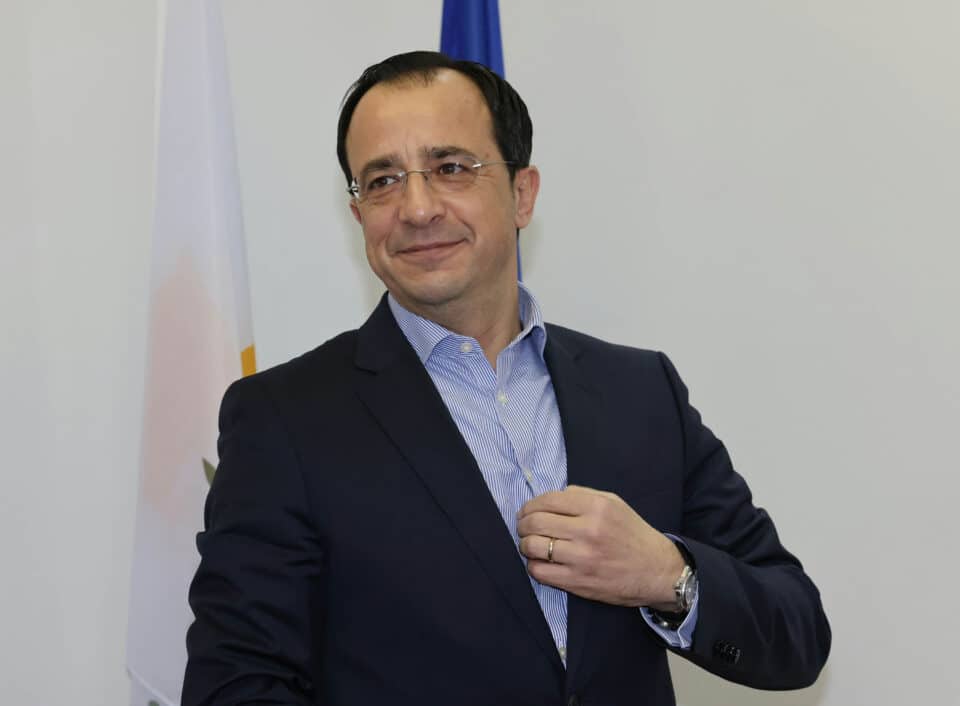It might not have been an election promise designed to win votes, but President Nikos Christodoulides had made it clear he would set up a National Security Council (NSC), which was a long-standing need and would, supposedly, cover a large gap. A four-page document outlining the jobs the NSC would carry out was handed to the party leaders for comments and found its way to the press. Once the leaders’ feedback is given and evaluated its creation would be set in motion.
Events over the years “showed there was a need for greater and more systematic coordination of state services and authorities, involved in issues of state security, in the broader sense, and on issues of foreign policy,” the document said. From this coordination and collective thinking and work of those involved in security, defence and foreign policy, “it emerges that the coherent and documented opinion of a body that would study, as part of its mission, systematically, on a continuous basis, in depth, the above-mentioned, multi-dimensional issues, would be a valuable and necessary tool for the Head of State and the executive authority, in its entirety, for the formulation of relevant national strategies,” the document added.
All this raises the question of how all previous governments formulated national strategies. Is the president implying that the national strategies of his predecessors, if there were any, were incoherent, badly coordinated and formulated without in-depth study or documented opinion from experts? The Cyprus problem is mentioned several times in the document which said the NSC would offer advice to the president and the national council on the negotiations for a settlement. The foreign ministry has a well-staffed section dealing exclusively with the negotiations on the Cyprus issue; there is also a full-time negotiator with an advisory team so what more would the NSC be doing?
The NSC would be made up of the president, the ministers of foreign affairs, defence, justice, the heads of the National Guard, police and secret service Kyp as well as the person in charge of the NSC. The council would also employ staff to support the National Security Council Advisor. There was no mention in the document of what this new body will cost the taxpayer, although it would draw staff from the civil service and have a budget for commissioning studies from experts.
It remains to be seen whether this will be another state body offering well-paid posts to government cronies, like all those set up by the Anastasiades government, which has left us with countless underworked commissioners and new authorities that do very little. It is very difficult not to view the creation of new state bodies and new posts with an element of suspicion, given what has gone on in the past.







Click here to change your cookie preferences